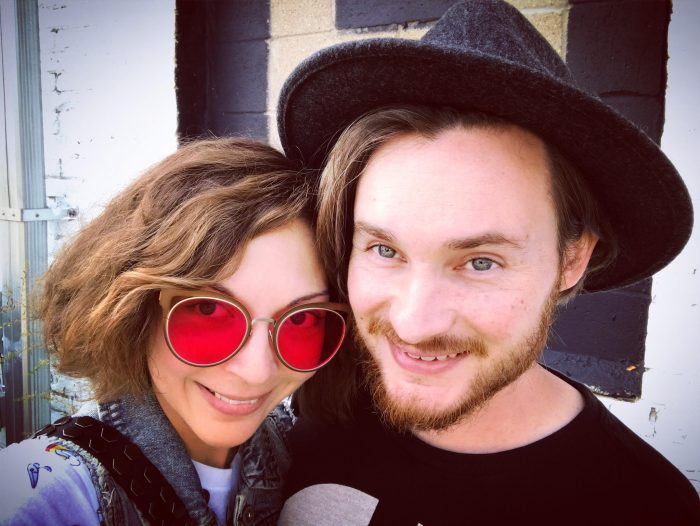I’d heard of the exercise before: write your own eulogy as if you had just recently passed away.
My first reaction to this prompt was, Ehh, I’ll come back to this, years from now, when I’ve actually done something with my life worth talking about.
But I realized that was both the trap and the point: we have to find the worth in what we often see as the molehill of our life because we don’t get to choose when our life suddenly stops.
So instead of looking through my usual lens—the one that keeps track of the millions of mistakes, flaws, and goals I haven’t met, yet—I turned my attention to the good in myself and my life. Because that’s what people do, right? They say kind things at funerals, not list off flaws or what that person hadn’t accomplished.
At first, I couldn’t bring myself to shed the conditioned modesty. List my good qualities? And good things I’d done in my life? It sounded cringy at best.
But then I asked myself—what would my best friend say about me?
She and I grew up surrounded by family members who criticized and silenced our voices. We grew up believing that we were only as good as the next thing we accomplished.
When we were both free of the toxic environments we’d grown up in, we moved far away from our families and found our chosen families. We married men who lifted us up and taught us how to love—ourselves and others. We found friends who were lifelong learners who supported and encouraged us in who we were and what we wanted to accomplish.
We leaned on each other and affirmed to one another that we were not broken, that we were not worthless, and that we did deserve love despite the lives we were born into. We uplifted each other’s gifts and spirits as worthy and entirely lovable.
We learned how to love by gazing at the authentic light in each other, realizing that our light is no different than anyone else’s. Our light is just as brilliant and beautiful as the next person’s.
If this woman who knew me deeply and entirely wrote my eulogy, she would say that I overcame 24 years of abuse and damaging messages to recover and use my voice. She would talk about how I lifted up others’ voices because I wanted them to know how worthy of love they are—even if they hadn’t yet found the people who could appreciate them.
She would say how big my heart is and how much she loves me. And that—that right there, being loved for who I am—is all I want anyone to say about me when I am gone.
Not how many things I did or accomplishments I racked up. Not how much money I made or the places I traveled. Just that I was loved for who I was by my chosen family—and loved them well enough that they have the love they can carry with them for the rest of their lives.
In writing my eulogy, I realized that when my soul departs this earth, the light I have lived as will not.
Yes, I would probably want more time to do more things. But I know that no matter how much time I have left on this earth—it all comes down to this:
It is not what I do, but all the ways in which I am my most authentic self that give my life and death the kind words I think we all hope for in a eulogy someday.
~











Read 8 comments and reply